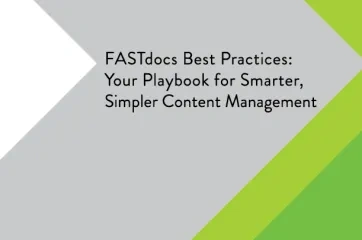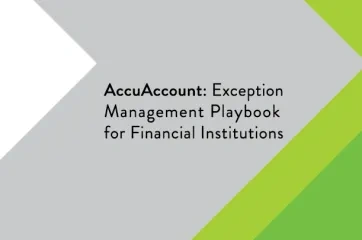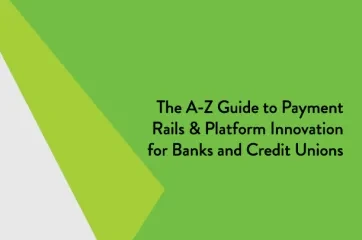A notice letter informs a bank or credit union’s account holder about his or her account—and often explains that action is required. Financial institutions send notice letters regarding items such as a past-due payment, loan maturity, or loan default.
Initiating a Notice Letter
Notice letters are generated and distributed in a variety of ways, depending on the type of notice letter and the systems used by the bank or credit union. Examples include:
- Manually printed and mail-merged letters
- Letters generated by a core system
- Letters generated by a core-integrated account management system, such as AccuAccount
- Emails sent via systems like AccuAccount
- Email notice letters are increasingly popular at banks and credit unions. Email lessens the administrative workload by providing a more efficient means of communicating with customers and documenting the receipt of notices.
Documenting Due Diligence
Notice letters play an essential role in loan-file exception tracking (e.g., requesting updated financial statements or tax returns). Properly documenting the distribution of notice letters is a key component of due diligence. Bank examiners may request evidence that sufficient effort was taken to obtain missing or updated information.
Some banks and credit unions use spreadsheets to track notice letter generation and distribution dates. Annotating in the core banking system or exception tracking system, such as AccuAccount, is another option that reduces the need for spreadsheets. Sending notice letters via certified mail is also common in certain circumstances. Retaining digital copies of notice letters in an electronic repository, such as AccuAccount or AccuDoc, provides another level of transparency.
Once received, some customers or members will take immediate action, but others may not. Second notices are then generated—sometimes with a response deadline. Through the notice letter process, a financial institution’s documentation should indicate to a bank examiner that it is acting in good faith and working to clear loan file exceptions.
Additional Exception Tracking Resources
Looking for more information about exception tracking in the banking industry? Be sure to check out our extensive resource library with free spreadsheets, whitepapers, and eBooks.
Browse our banking definitions page for more terminology.







